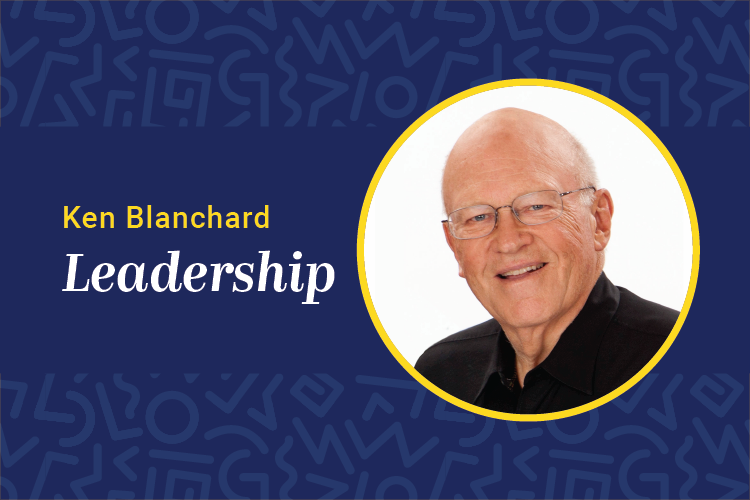I can’t think of a more important topic than leadership with integrity. A number of years ago, I wrote The Power of Ethical Management with Norman Vincent Peale, author of The Power of Positive Thinking. The ethics lessons from that book are as relevant today as when we wrote it.
There are two aspects to leading with integrity. The first is knowing the right thing to do. The second is actually doing it. In this column, I will focus on the first aspect.
Most people know the right thing to do. Even little kids say, “That’s not fair” or “You shouldn’t do that.” Who taught them that? An inner compass guides them. Almost everyone has an innate sense of right and wrong.
To provide a quick and simple way to determine the right thing to do in any situation, Peale and I came up with three questions we called the ethics check:
1. Is it legal? Will I be violating either civil law or company policy? While this question is important, it’s only the beginning. Too many people focus so intently on doing things legally that they forget the next two questions, which are just as important.
2. Is it balanced? Is it fair to all concerned in the short term as well as the long term? Does it promote win-win relationships? Lopsided, win-lose decisions invariably end up as lose-lose situations.
3. How will it make me feel about myself? Will it make me proud? Would I feel good if my decision were published in the newspaper? Would I feel good if my family knew about it? An unethical act will erode your self-esteem.
I’ve learned over the years that what is considered legal may still be unethical. Several years ago, a person in our accounting department came to my wife Margie with an ethical dilemma.
“We have a potential ethical problem with Ken’s travel,” our accounting associate said. “He’s going to five different cities this week, but the contracts with each client state that the client pays for round-trip airfare from San Diego and back. How should I bill it?”
Margie said, “Let’s think. First, is it legal to charge each of them for a round trip ticket, even if Ken is going from one city to the next and not returning to San Diego until the end?”
“Sure it’s legal, because they signed the contract,” the associate said.
“OK,” continued Margie, “but is it balanced? Is it fair to all involved?”
“I don’t think it is,” the associate said.
“Of course it isn’t!” agreed Margie. “Charging for a round trip when he’s going on to another city — paid for by another client — just wouldn’t be right. And if we were to charge for those round trips, how would it make us feel about ourselves? Would we want the local newspaper to publish the fact that The Ken Blanchard Cos. made thousands of dollars by overcharging their clients for travel expenses?”
“No way!” said the associate.
As Margie and our associate could see, while charging round trip airfare was legal, it wasn’t ethical. In this case, the ethics check instantly revealed the right solution to the problem.
We used the ethics check — big time — in 2009. Because of the economic downturn, we realized early in the year that we would fall significantly short of our annual revenue projections. Laying off a lot of people, which we legally could have done, didn’t feel right. Instead, we brought our 300-plus folks together to brainstorm cost-cutting measures, such as across-the-board salary cuts and a lower profit goal. At the end of the year, although we missed our revenue projection, we were still in business. Because we used this win-win process, everyone felt fairly treated, and we all felt good about ourselves.
So if you have a funny feeling in your gut about making a decision, run it through the ethics check before taking action: Is it legal? Is it balanced? How will it make you feel about yourself? Making decisions that allow you to give positive answers to all three questions can help you sleep at night — and save you and your organization a lot of grief.
Ken Blanchard is a best-selling author, speaker and chief spiritual officer of The Ken Blanchard Cos. He can be reached at editor@CLOmedia.com.















